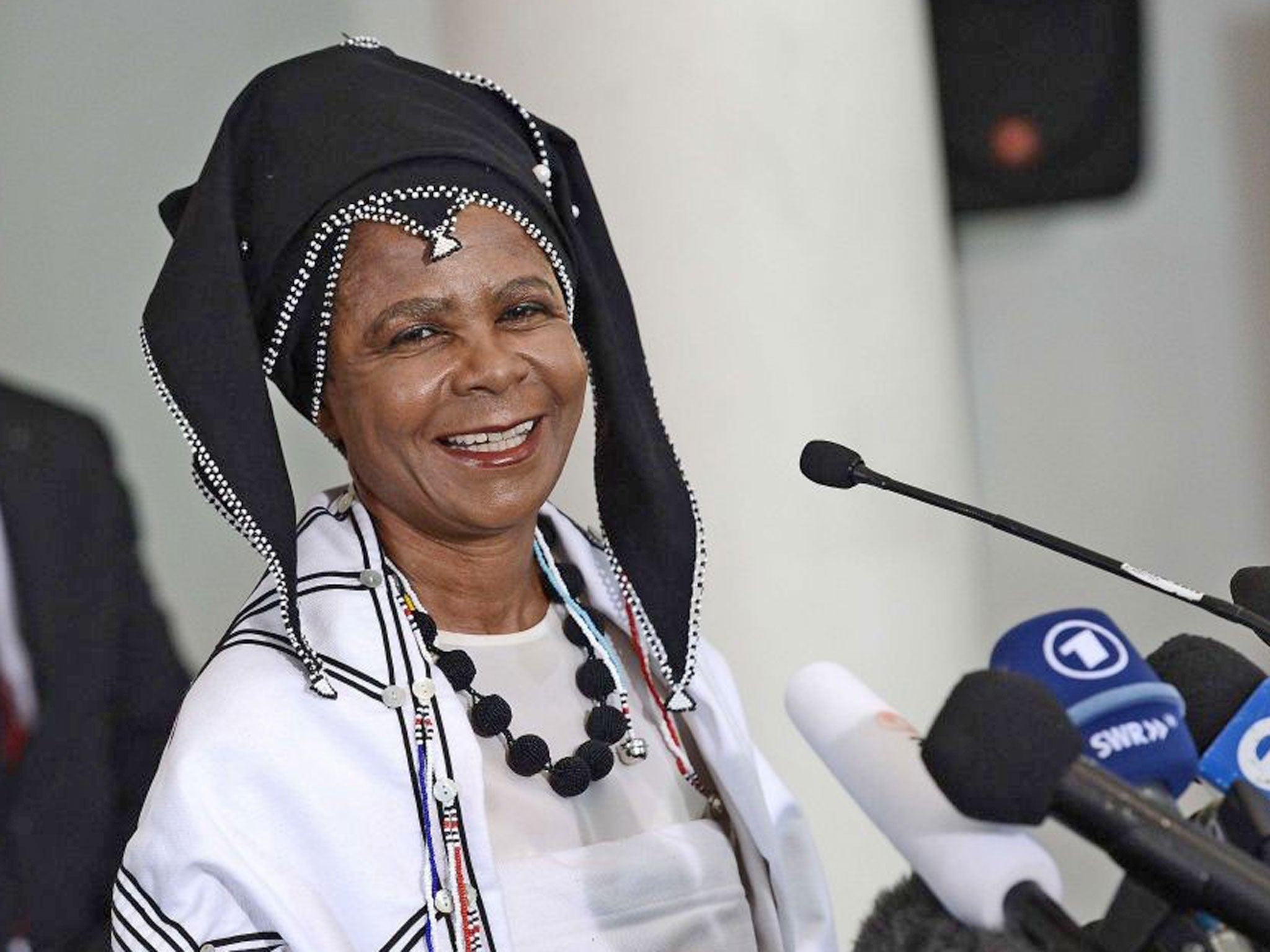New political party formed to make 1990s dream reality

Your support helps us to tell the story
From reproductive rights to climate change to Big Tech, The Independent is on the ground when the story is developing. Whether it's investigating the financials of Elon Musk's pro-Trump PAC or producing our latest documentary, 'The A Word', which shines a light on the American women fighting for reproductive rights, we know how important it is to parse out the facts from the messaging.
At such a critical moment in US history, we need reporters on the ground. Your donation allows us to keep sending journalists to speak to both sides of the story.
The Independent is trusted by Americans across the entire political spectrum. And unlike many other quality news outlets, we choose not to lock Americans out of our reporting and analysis with paywalls. We believe quality journalism should be available to everyone, paid for by those who can afford it.
Your support makes all the difference.The launch of South Africa's newest political party today began with a nod to the past rather than the future. People were asked to remember the "patience and quiet dignity" of the long queues in 1994 when most South Africans got their first chance to vote. "Do you remember the dream we embraced to build ours into a great society?"
The power of the call came from the woman making it: Mamphela Ramphele, the academic and former partner of anti-apartheid activist Steve Biko, still seen by many as a moral voice in a country that has lost its way. She ended months of speculation at the evocative setting of Johannesburg's apartheid-era women's jail by announcing the creation of a new party, Agang, meaning "build".
"The dream has faded for the many living in poverty and destitution in our increasingly unequal society." the 65-year-old said. "The great society to which we committed ourselves following our relatively peaceful political transition is rapidly unravelling before our eyes."
Though neither were mentioned, the recent deaths of model Reeva Steenkamp – shot in a gated community – and township teenager, Anene Booysen – raped, mutilated and left for dead – were present in her description of a broken society. Her speech in which she contrasted "so much poverty in the midst of so much opulence" was studded with appalling statistics: 71 per cent of people aged between 15 and 34 – amounting to 60 per cent of the population – are unemployed.
The soaring rhetoric contrasted sharply with last week's poorly-received state of the nation address from President Jacob Zuma. The ruling ANC has already come under pressure ahead of 2014 elections by an opposition which has begun negotiations aimed at uniting parties against it. The arrival of Dr Ramphele onto the scene may remove another chunk of voters from the faltering ANC.
A former World Bank managing director and successful businesswoman, she was courted by South Africa's main opposition Democratic Alliance last year amid speculation that she would replace its white leader, Helen Zille.
Yesterday, as she denounced the "self interest" of South Africa's current leaders and vowed a "war on corruption", she eschewed any reference to herself as a party leader. She preferred to call herself the "bridge" between her own anti-Apartheid generation and her children's generation who had been "robbed of the fruits of freedom".
Join our commenting forum
Join thought-provoking conversations, follow other Independent readers and see their replies
Comments